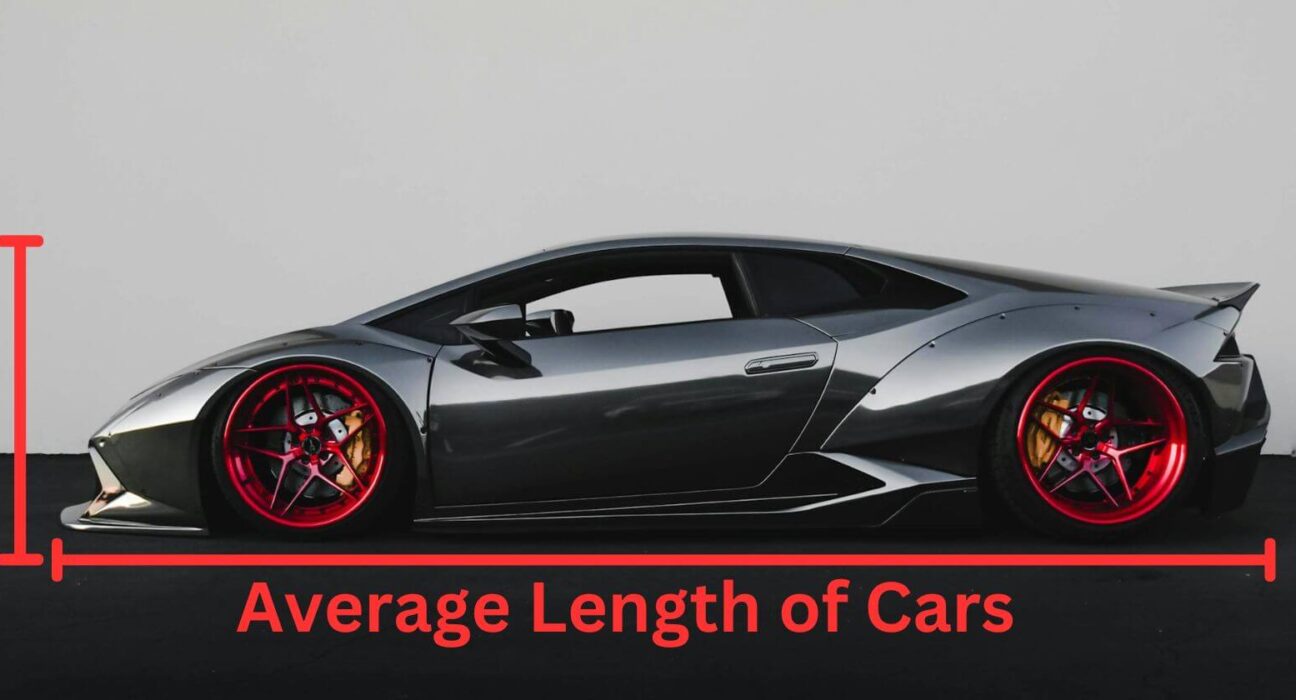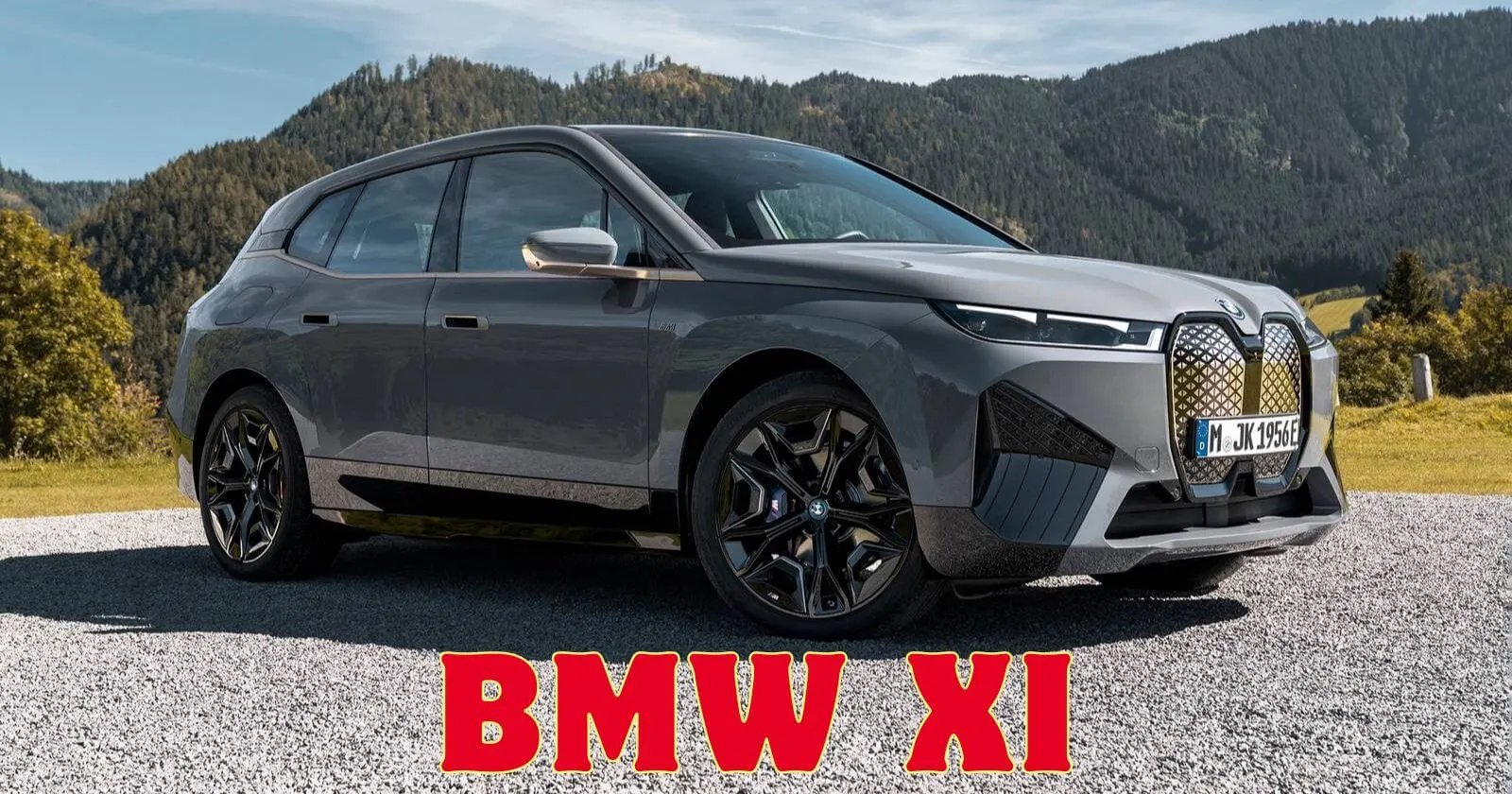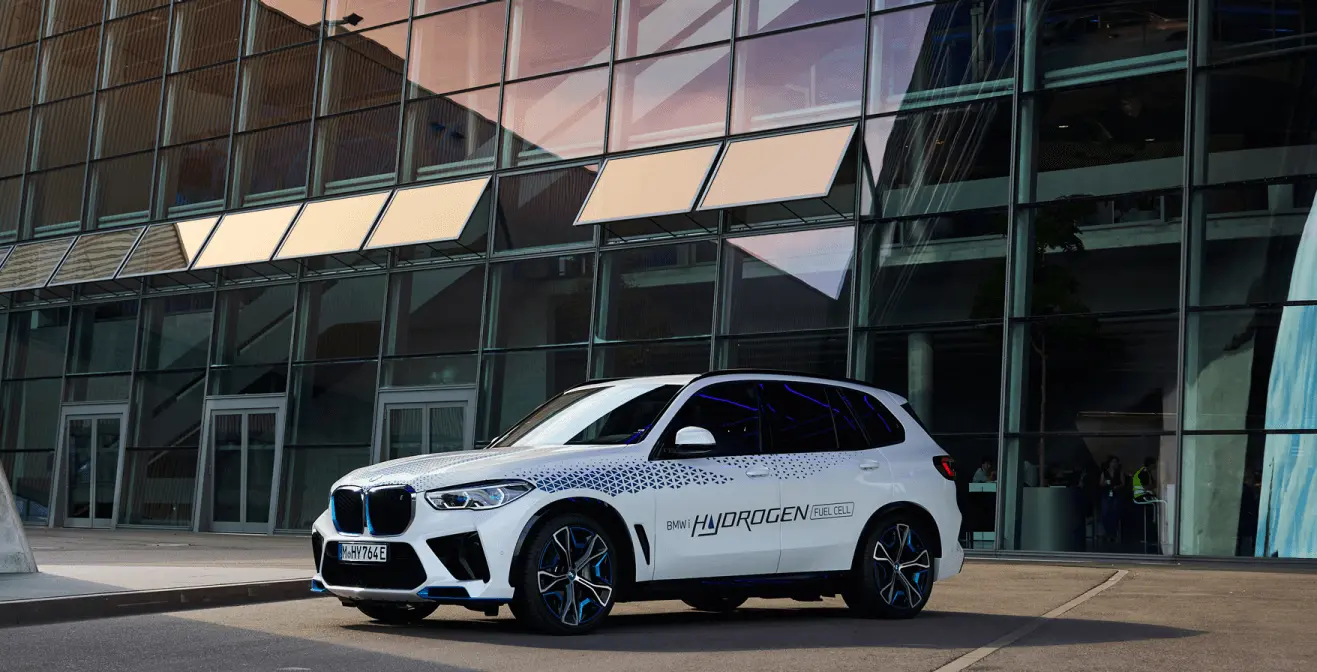Cars come in all shapes and sizes, from compact hatchbacks to spacious SUVs. One of the key dimensions that define a vehicle’s design and functionality is its length. Understanding the average length of cars can provide valuable insights into the automotive landscape and help consumers make informed decisions when selecting a vehicle. In this article, we’ll delve into the factors influencing car length and explore the typical lengths across various vehicle categories.
Influencing Factors
The length of a car is influenced by several factors, including its intended use, design priorities, and market trends. Manufacturers carefully consider these factors when designing new models to meet the needs and preferences of consumers. Common considerations include passenger capacity, cargo space, aerodynamics, and maneuverability.
Vehicle Categories
Cars are typically categorized based on their body styles and intended use, each with its range of lengths. Here’s a breakdown of some common vehicle categories and their average lengths.
- Compact Cars: Compact cars are known for their smaller dimensions, making them well-suited for urban driving and tight parking spaces. The average length of a compact car ranges from around 160 to 175 inches, with variations depending on the specific model and manufacturer.
- Midsize Cars: Midsize cars balance compactness and interior space, offering comfortable seating for passengers and ample cargo capacity. The average length of a midsize car falls between 180 and 195 inches, providing a versatile option for families and commuters alike.
- Full-Size Cars: Full-size cars are renowned for their spacious interiors and smooth rides, making them ideal for long-distance travel and highway cruising. The average length of a full-size car ranges from approximately 200 to 225 inches, offering generous legroom and trunk space for passengers and luggage.
- SUVs (Sport Utility Vehicles): SUVs are designed to accommodate a wide range of lifestyles and preferences, from compact crossovers to full-size, three-row models. The average length of an SUV varies significantly depending on its classification, with compact SUVs typically ranging from 170 to 185 inches and full-size SUVs reaching lengths of 200 inches or more.
- Trucks: Trucks are renowned for their towing capabilities and rugged durability, with lengths ranging from compact pickups to heavy-duty work trucks. The average length of a truck can vary greatly depending on its configuration, with compact trucks typically measuring around 190 to 210 inches and full-size trucks exceeding 220 inches in length.
Design Trends
In addition to practical considerations, design trends also influence the average length of cars. As consumer preferences evolve and technology advances, manufacturers may adjust their designs to incorporate new features and amenities. For instance, advances in battery location and vehicle architecture have resulted from the rising popularity of electric vehicles (EVs) and hybrid cars, which can affect the overall length and proportions of the vehicle.
Global Variations
It’s essential to note that the average length of cars can vary depending on geographic location and market preferences. In regions where road infrastructure is limited, such as densely populated urban areas or narrow European streets, smaller, more maneuverable cars may be more prevalent. Conversely, larger vehicles such as SUVs and trucks may be more common in countries with expansive highways and open spaces.
Future Directions
As automotive technology continues to evolve, the average length of cars may undergo further changes to accommodate innovations and emerging trends. For example, the development of autonomous driving systems and electric propulsion may influence vehicle architecture and interior layout, leading to new design solutions and potentially altering traditional size classifications.
Conclusion
The average length of cars varies across different vehicle categories, reflecting a diverse range of consumer preferences and design priorities. Whether you’re in the market for a compact city car or a spacious SUV, understanding the typical lengths of vehicles can help you narrow down your options and find the perfect fit for your needs. As automotive technology advances and consumer preferences evolve, the average length of cars may continue to shift, ushering in a new era of innovation and design possibilities.





